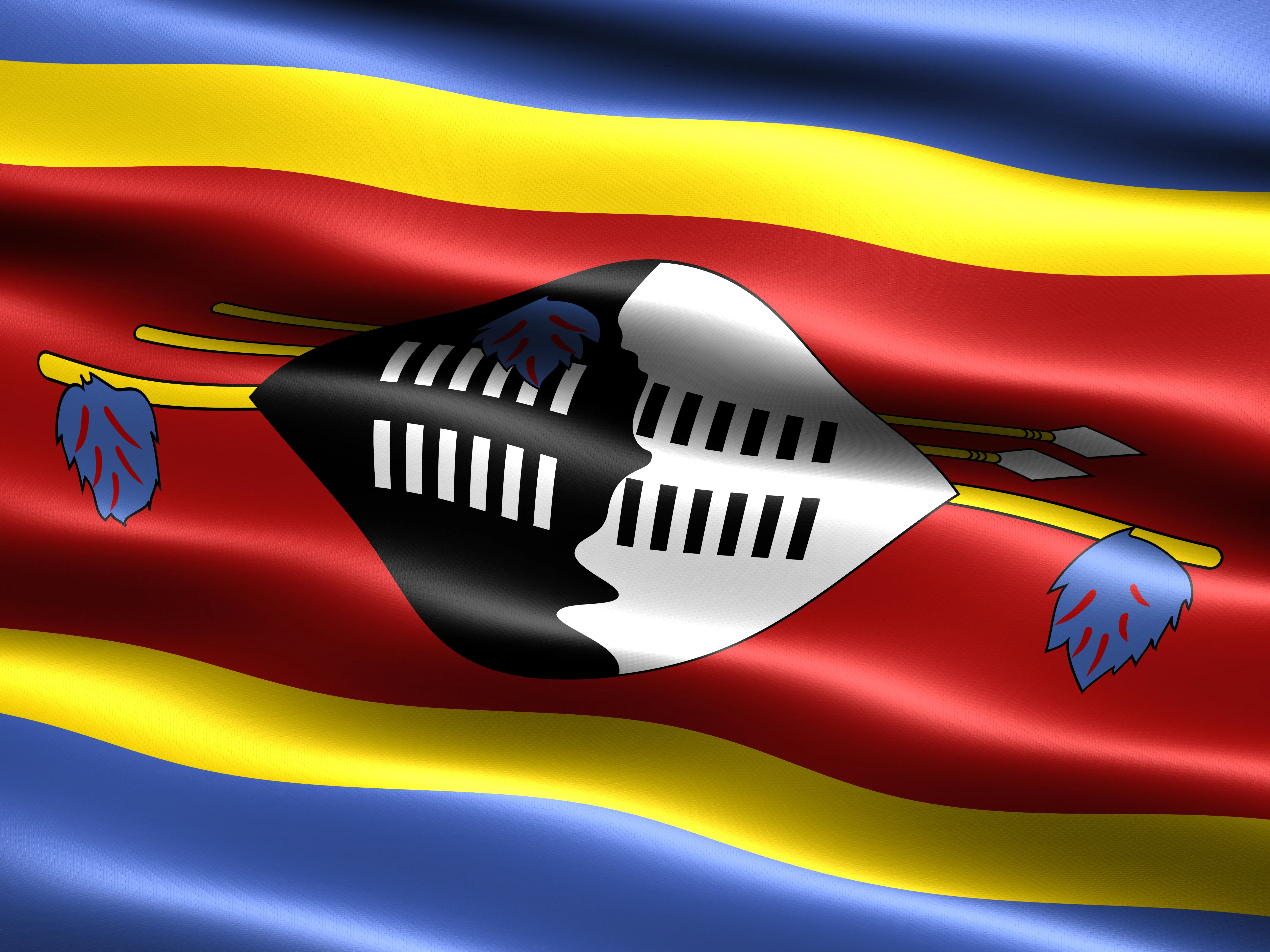
On Friday 31 October 2014, Mario Masuku and Maxwell Dlamini arrived at the Mbabane High Court for their bail application to be heard. The pair had been arrested in May after participating in a May Day rally in which they called for political change. They were charged with terrorism and sedition, and their application for bail was refused by Judge Mpendulo Simelane in the High Court. The refusal of bail was surprising as Judge Mumcy Dlamini had granted bail to seven members of PUDEMO who were facing identical charges after participating in a protest outside the High Court earlier in the year.
In October 2014 Masuku and Dlamini launched a fresh application for bail based on the presence of new circumstances that justified the reconsideration of the matter. Masuku is a diabetic and his health has deteriorated significantly while he has been in detention. Dlamini is a student, and his continued detention has prevented him from continuing with his studies at the University of Swaziland. The start of their criminal trial has also been delayed because a number of challenges to the constitutionality of the two pieces of legislation Masuku and Dlamini have been charged under have been filed, and the criminal trial cannot commence until the legality of the legislation has been determined.
Their new bail application was first before court on 25 October, when Judge Simelane postponed it sine dae (that is, without a set date) because the prosecution had been unable to file heads of argument before the hearing. The following Tuesday, the prosecution filed their heads of argument, and the matter was set down for hearing that Friday. Judge Dlamini was the High Court judge on duty to hear contested bail applications, and as a result Masuku and Dlamini were led into her court when they arrived at the court building. However, the Swazi attorney, Leo Gama, informed Masuku and Dlamini’s legal representative, South African advocate Anna-Marie de Vos SC, that they had got word that the application had been reassigned to Judge Maphalala. There was no reason given for this – and it is irregular as the application was clearly a contested bail application, and the established practice is that all applications of this nature are heard by the judge on duty.
Nevertheless, the lawyers accepted this change and the Deputy Registrar took Gama and Adv de Vos to Judge Maphalala’s chambers for the advocate to introduce herself to the judge. In chambers, Judge Maphalala told Gama and Adv de Vos categorically that the matter would not be before court that day. When Adv de Vos asked why, Judge Maphalala informed them that he had been instructed to not hear the matter, and to ensure that it was postponed to a time when Judge Simelane would be available to adjudicate (Judge Simelane was out of the country on that day). Adv de Vos then asked if Judge Maphalala had the court file, and he said that it was with the Registrar of the High Court who was with the Chief Justice. As the Chief Justice’s chambers were next door, Gama asked the Deputy Registrar to fetch the court file. When it was brought to Judge Maphalala Gama and Adv de Vos were able to see a handwritten note in the file addressed to Judge Maphalala from the Chief Justice instructing him that the matter must not proceed, and that the judge must ensure that it is postponed to enable Judge Simelane to hear the application. When Adv de Vos asked for Judge Maphalala to at least postpone the matter in court – to allow Masuku and Dlamini to be told what the position was – he stubbornly refused, and said that under no circumstances would he take this matter to court.
The events in Court (or rather, out of court) on Friday were a perfect example of what is wrong with the judiciary in Swaziland: rights are disrespected; procedure is not followed; and judicial independence appears to be an illusion. Because bail applications involve the question of the liberty of individuals – one of the most basic of human rights – they should always be heard on an urgent basis. Furthermore, the clandestine postponement in chambers prevented the accused themselves, as well as their families and the media, from being made aware of what had happened. It also prevented concerns with the process being put on record and made in a public setting. Masuku and Dlamini’s rights to a fair and public trial were clearly infringed.
There is no justification from deviating from the established procedure to be followed when a bail application is made, and Judge Dlamini should have heard Masuku and Makhubu’s application. It is patently clear why various officials did not want Judge Dlamini to hear the application as she was the judge who had previously granted bail to the PUDEMO 7 activists, and had also released human rights lawyer, Thulani Maseko and editor, Bheki Makhubu after finding that their arrest and detention were unlawful. The manipulation of Masuku and Dlamini’s application to ensure that Judge Dlamini did not preside is an affront to the idea of an independent and impartial judiciary. It demonstrates the power the Chief Justice has in allocating matters to judges, and his utter disregard for fair legal principles.
On Friday, 7 November 2014, this matter was finally brought before Court and Judge Simelane delivered his judgment on 13 November 2014. He found that Masuku and Dlamini’s application for bail was “unmeritorious” and dismissed the application.
This entry was posted in Blog, Media Defence, Swaziland and tagged Fair Trial, Independence of the Judiciary, Judicial Impartiality, swaziland. Bookmark the permalink.



